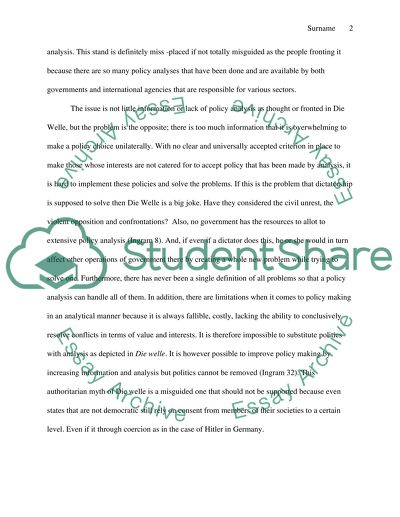Cite this document
(“Identification Essay Example | Topics and Well Written Essays - 2500 words - 1”, n.d.)
Retrieved from https://studentshare.org/history/1475837-identification
Retrieved from https://studentshare.org/history/1475837-identification
(Identification Essay Example | Topics and Well Written Essays - 2500 Words - 1)
https://studentshare.org/history/1475837-identification.
https://studentshare.org/history/1475837-identification.
“Identification Essay Example | Topics and Well Written Essays - 2500 Words - 1”, n.d. https://studentshare.org/history/1475837-identification.


